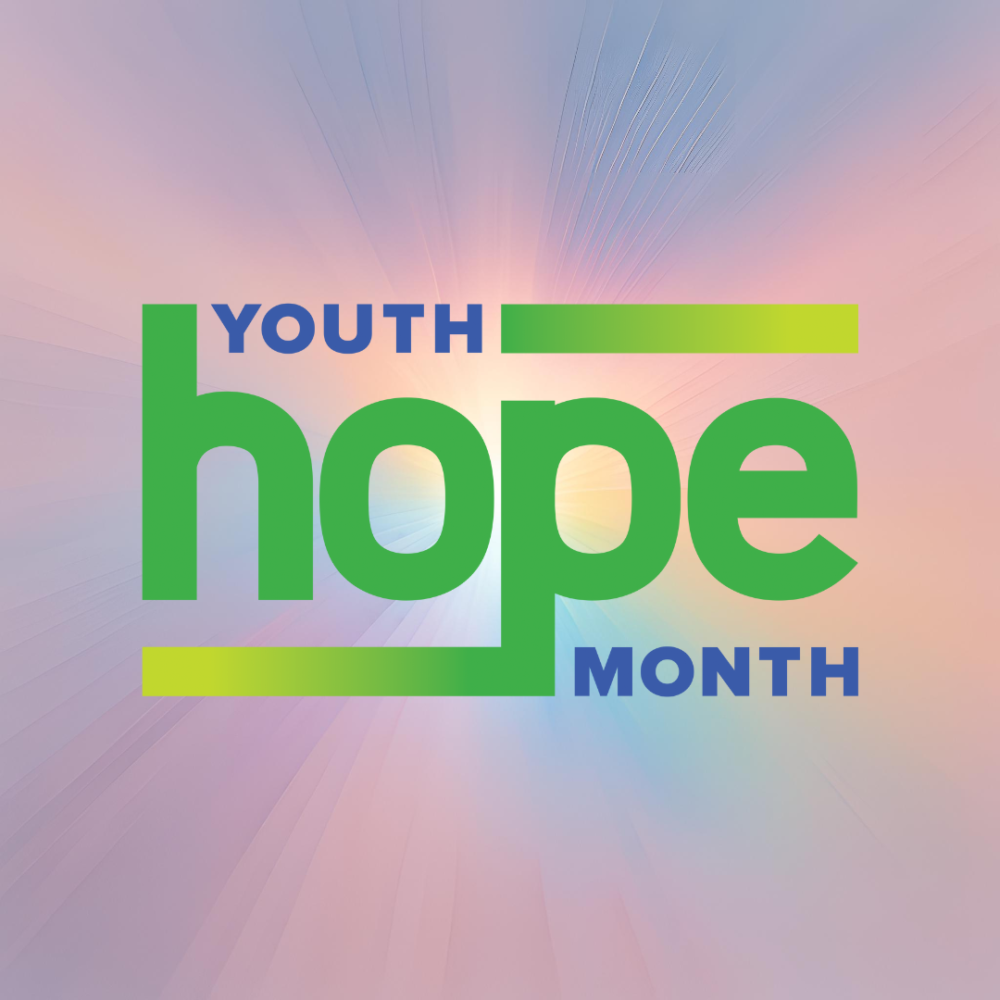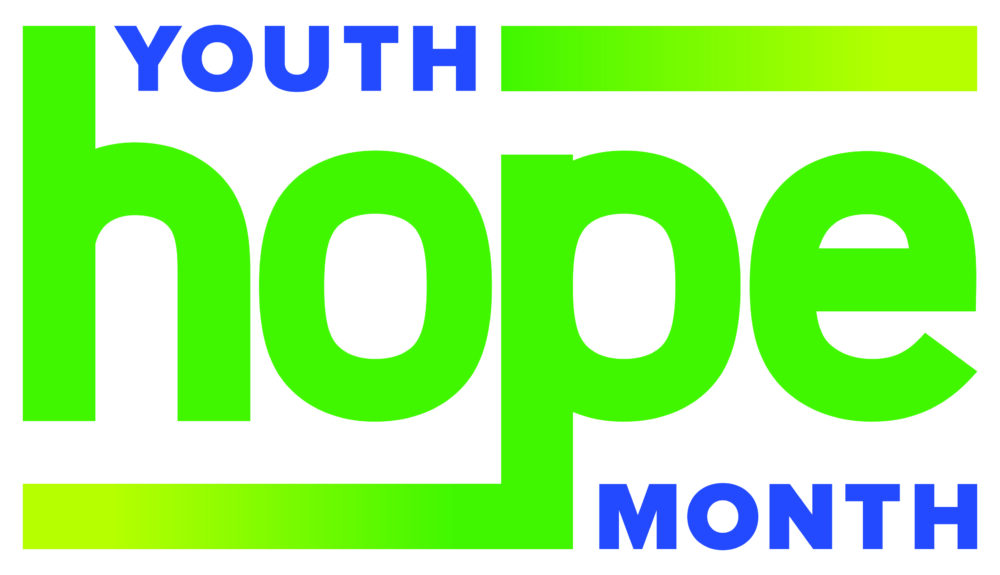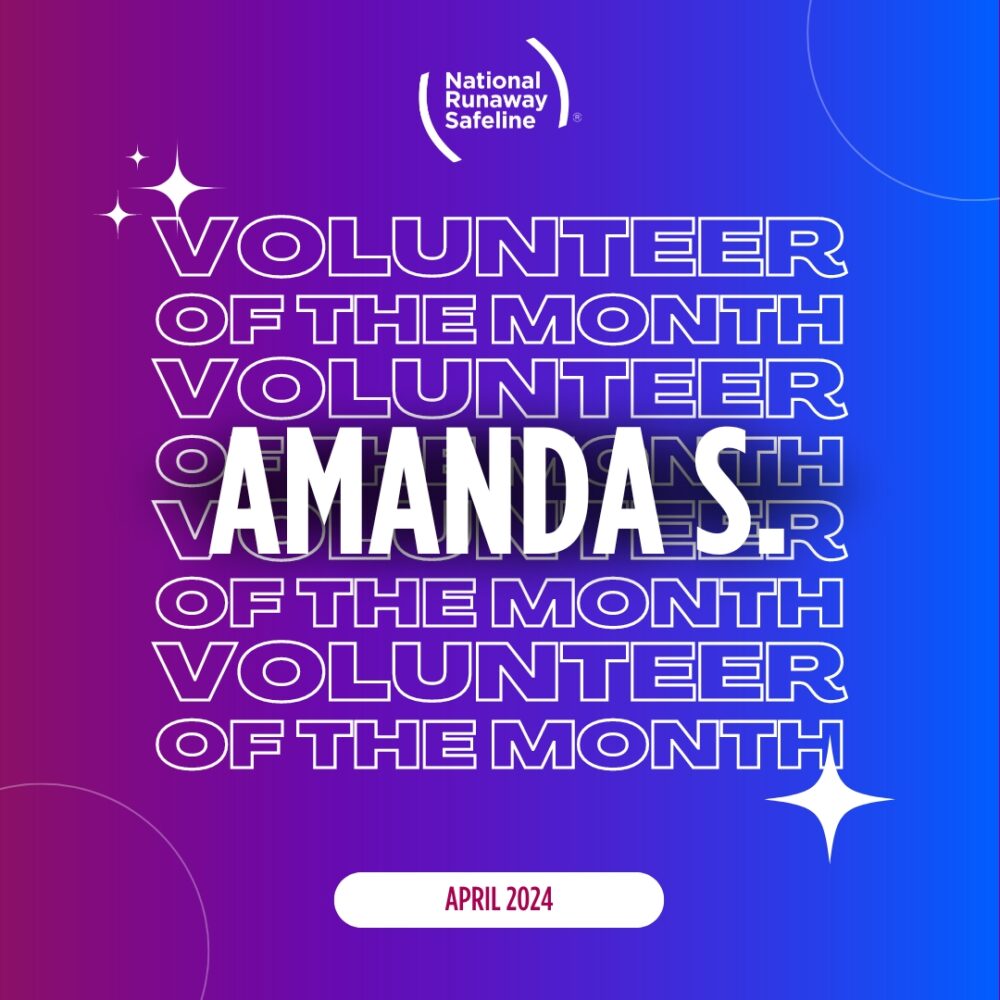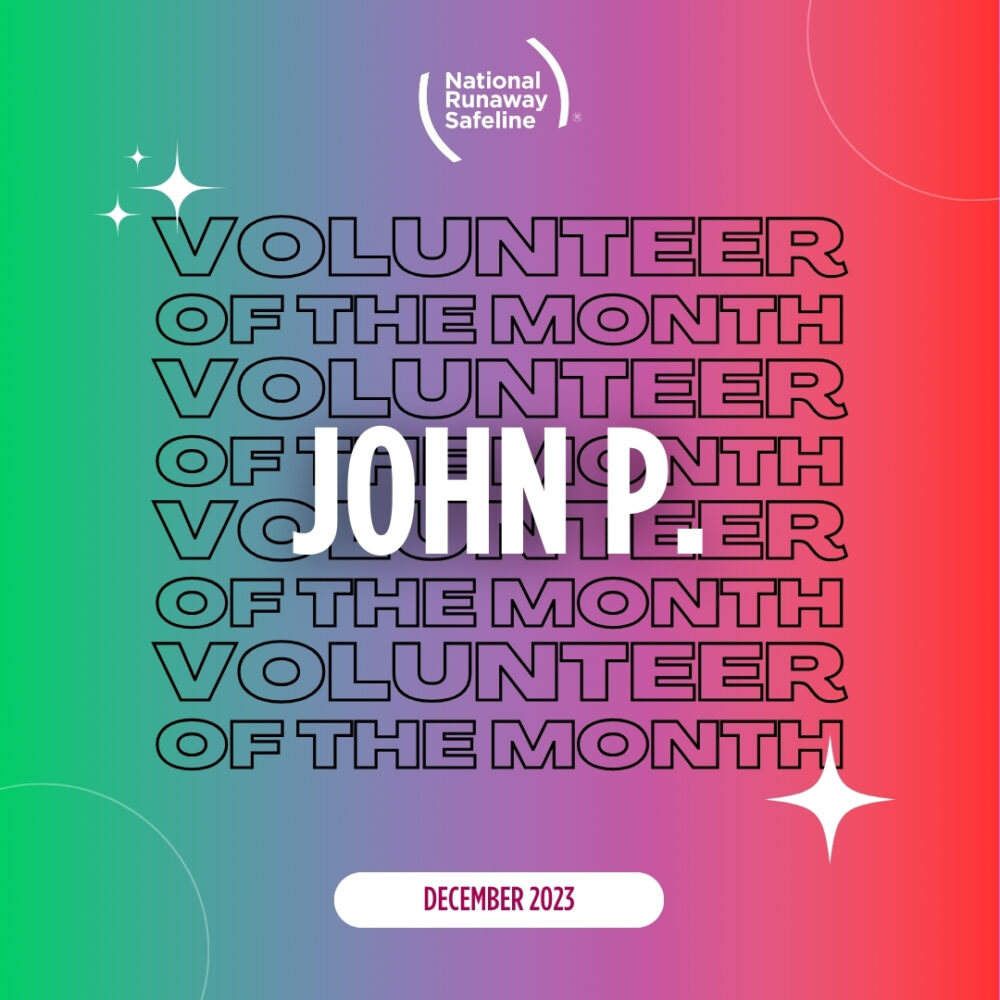We are pleased to announce the release of our 2019 Crisis Services and Prevention Report. Developed in collaboration with Chapin Hall at the University of Chicago and the Family and Youth Services Bureau (FYSB), this document examines the characteristics of individuals who contacted NRS in calendar year 2019.
The data here will provide critical information about the needs of youth who are homeless or at risk of becoming homeless, and how NRS can best meet the needs of youth in crisis and those who care about them.
Some key insights include:
- 79% of contacts are youth who connected directly with NRS on their own behalf
- 44% of contacts used our chat feature, 34% called the hotline
- Nearly half of contacts were between the ages of 15 and 17
Download the full report to learn more about the individuals reaching out to NRS.
